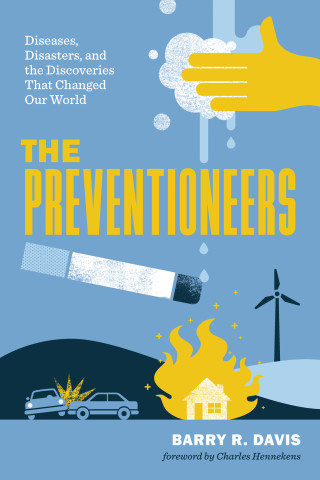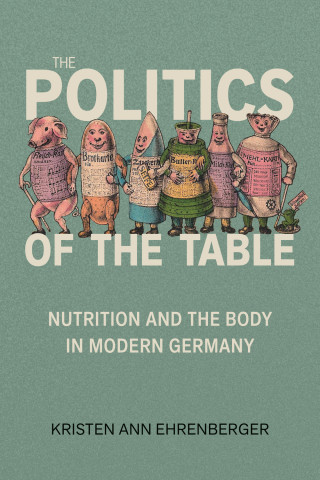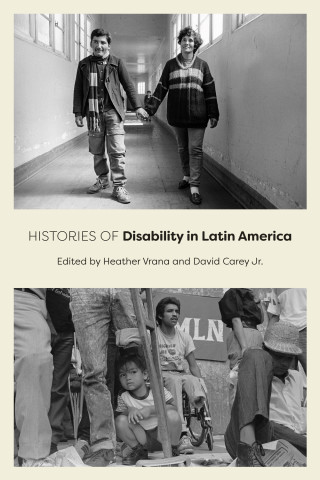
Reviews
Wailoo's analysis breaks new ground... he uses a wide array of sources and types of data to carry out an insightful analysis of a diverse sample of 20th-century hematologic diseases.
This book is a marvelous example of how many threads can be spun together to create a compelling narrative. It interweaves histories of disease over the past century, of technology, of hematology, and of medicine in the broadest sense....This book [is] a fine history of the practice of medicine... Drawing Blood is first-class history at many levels and can be read with profit and pleasure by the clinician, historian, non-medical scientist, and interested layperson.
Boldly and skillfully, Wailoo analyzes not only the role of physicians but of research hospitals and pharmaceutical companies. In addition, he shows how things like race, gender, and lifestyle influenced how physicians defined and responded to the very diseases that were called into existence by the new technologies they employed.
Makes clear that the high stakes involved in medical technology are not just financial, but moral and far reaching. They have been harnessed to describe clinical phenomena and to reflect social and cultural realities that influence not only medical treatment but self-identity, power, and authority.
Wailoo's masterful study of hematology and its disease discourse is a model of interdisciplinarity, combining cultural analysis, social history, and the history of medical ideas and technology to produce a complex narrative of disease definition, diagnosis, and treatment... He reminds us that medical technology is a neutral artifact of history. It can be, and has been, used to clarify and to cloud the understanding of disease, and it has the potential both to constrain and to emancipate its subjects.
Pain: A Political History isn't your usual medical focus, but provides socio-political emphasis on compassionate relief and society's liberal trends and conservative actions, discussing the development of pain theories in politics, law and social circles and how the evolution of a post-war pain relief economy in response to recovering soldiers fostered the rise of a liberal pain standard and changing attitudes about pain's realities and limitations. Its wide-ranging and unusual focus makes this a "must" not necessarily for health holdings, but for those looking at the bigger picture.
A lively and readable account of the complex and evolving interplay between pain medicine, public policy and politics in the United States.
Book Details
Preface
Acknowledgements
Introduction: Putting the Question to Technology
Chapter 1. "Chlorosis" Remembered: Disease and the Moral Management of American Women
Chapter 2. The Rise and Fall of Splenic
Preface
Acknowledgements
Introduction: Putting the Question to Technology
Chapter 1. "Chlorosis" Remembered: Disease and the Moral Management of American Women
Chapter 2. The Rise and Fall of Splenic Anemia: Surgical Identity and Ownership of a Blood Disease
Chapter 3. Blood Work: The Scientific Management of Aplastic Anemia and Industrial Poisoning
Chapter 4. The Corporate "Conquest" of Pernicious Anemia: Technology, Blood Researchers, and the Consumer
Chapter 5. Detecting "Negro Blood": Black and White Identities and the Reconstruction of Sickle Cell Anemia
Chapter 6. "The Forces That Are Molding Us": The National Politics of Blood and Disease After World War II
Conclusion: Disease Identity in the Age of Technological Medicine
Notes
Index






